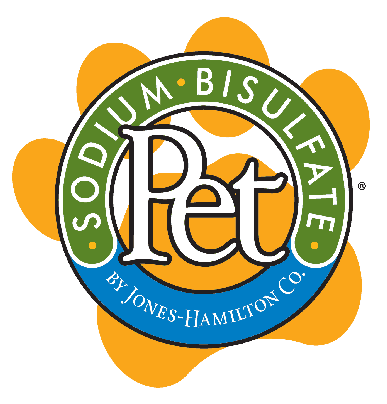Urine acidification
Selecting an Acidifier: Understand the Differences between Sodium Bisulfate and Phosphoric Acid
The two most common options for acidification are SBS Pet® (sodium bisulfate) and phosphoric acid. For recipes using phosphoric acid, SBS Pet can easily be substituted at the rate of 1 kg SBS Pet per 1 kg of 75% phosphoric acid. While the addition rates may be equal, the two products have many differences of which pet food formulators should be aware. This knowledge can be especially valuable for companies working to satisfy the rapidly growing demand for natural pet food products. Download the paper to explore all the differences between these two acidifiers… Read More
SBS Pet® for Urinary Tract Health in Cats
SBS Pet® (sodium bisulfate) is an acidifier that is well-suited for diets designed to promote urinary tract health. Lowering urine pH, reducing levels of dietary magnesium and phosphorus, and increasing urine volume are three ways a diet can help control the formation of struvite. For cat owners, foods that support urinary tract health are particularly of interest since struvite stones are among the most common bladder stones in cats. SBS Pet effectively: Lowers urine pH Does not add phosphorus to the diet Helps promote increased water consumption… Read More
The Safe Choice for Cat Urinary Health
Decrease the Chances of Struvite Crystals and Calcium Oxalate Stones with a Safer Acidifier In some cat foods, higher grain volume can increase the likelihood that struvite crystals or calcium oxalate stones will form. SBS Pet is a safe, natural, mineral acid that lowers urine pH without adding phosphorus to the diet. It also increases water consumption to help reduce the risk of urinary tract disease. And it’s made in the USA under strict QA guidelines. Read More
